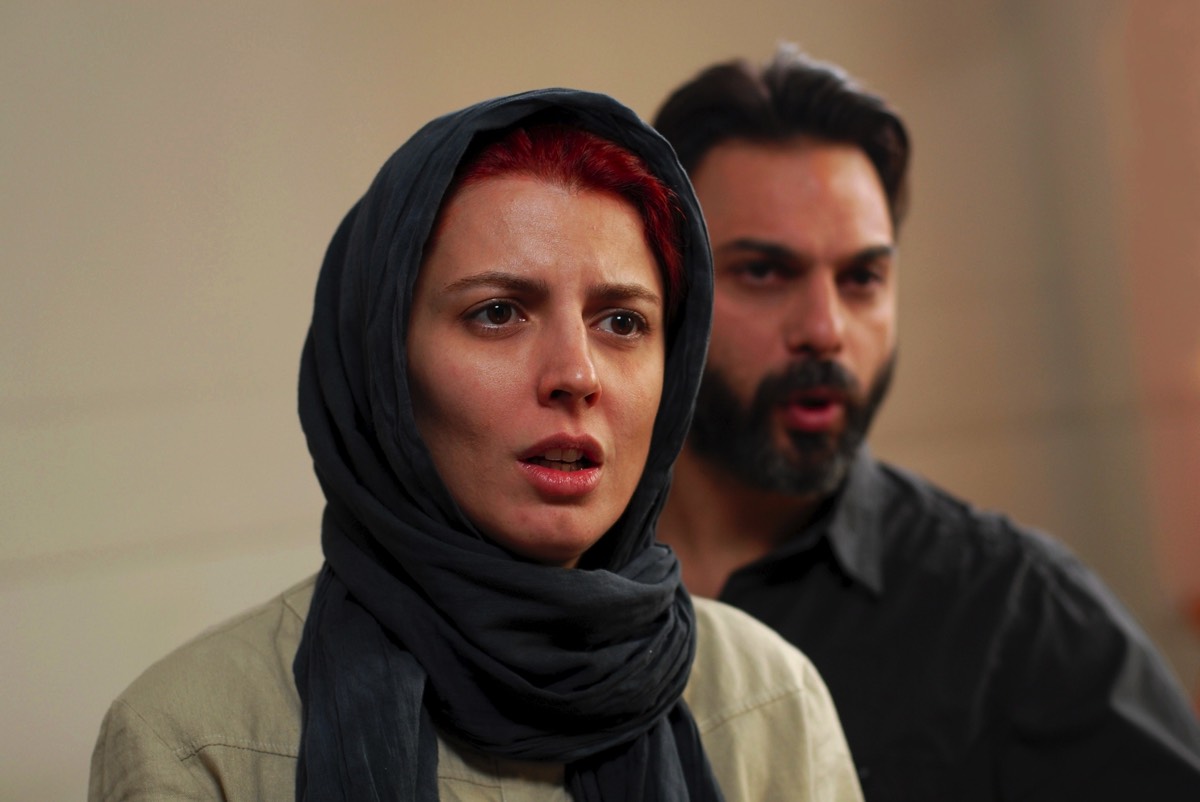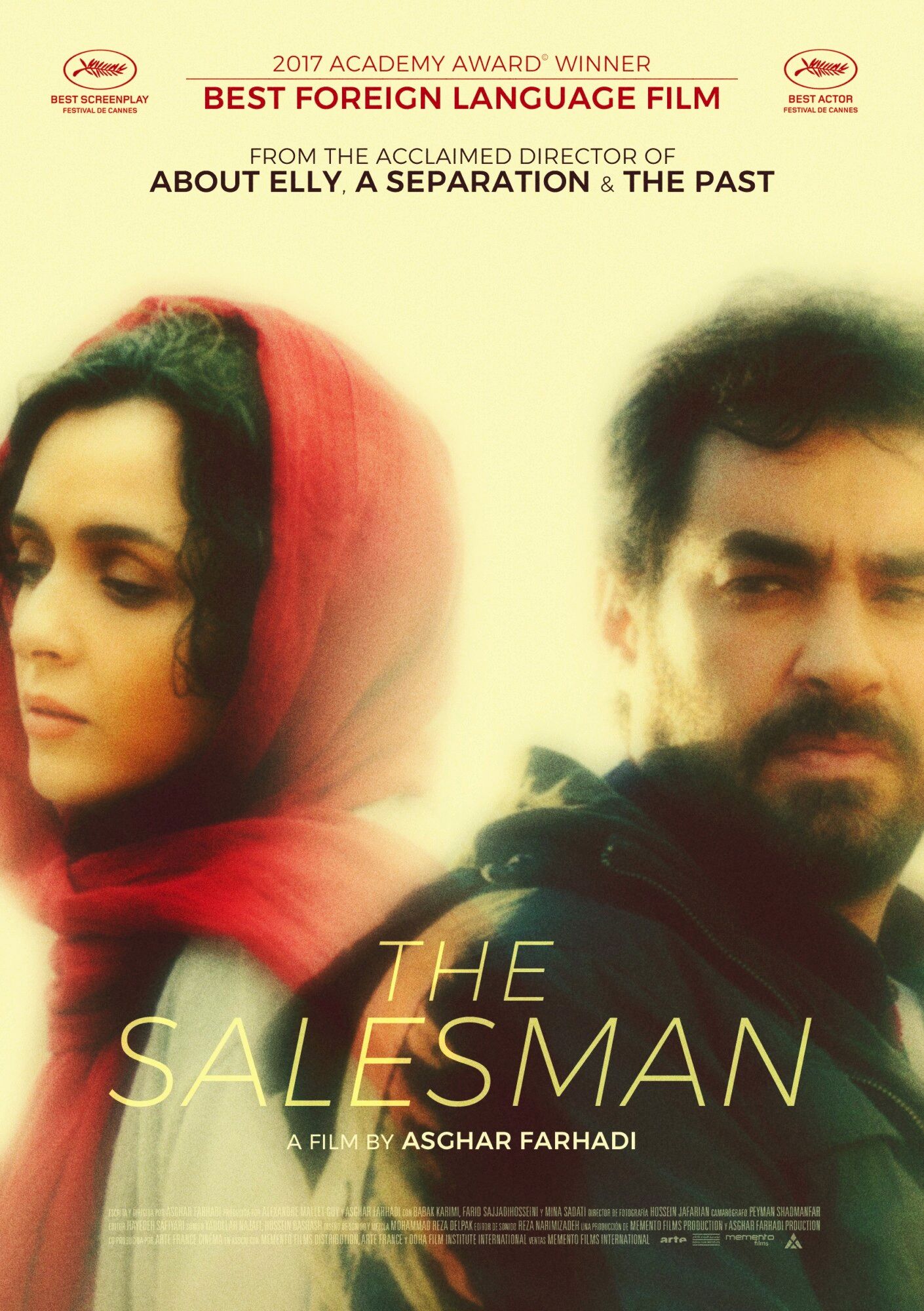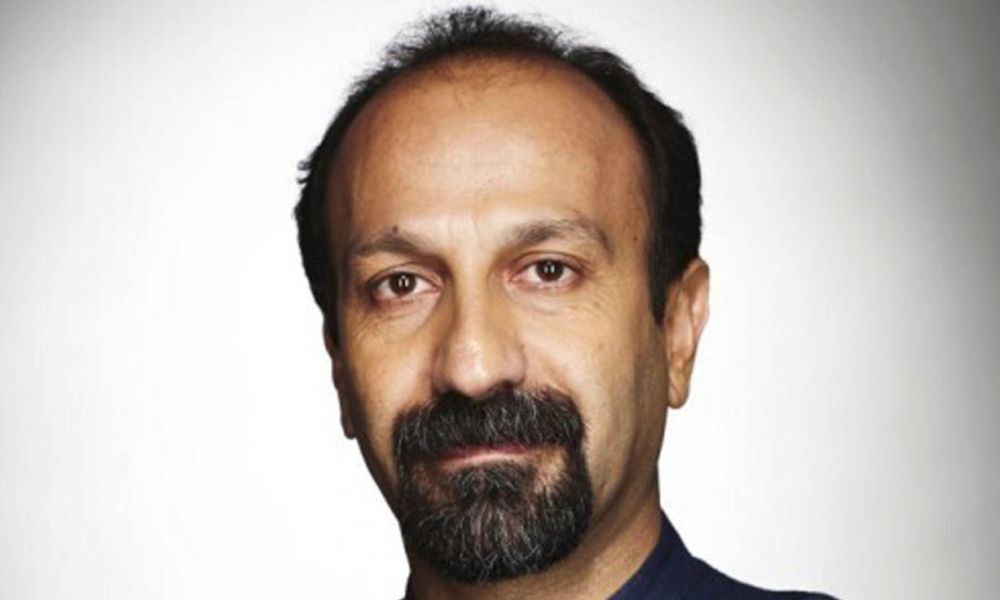"Moral crucibles that upend the lives of everyday people, never above reproach but always deserving of sympathy, are a dramatic propellant for the films of Iranian writer-director Asghar Farhadi. There are no choices with ideal outcomes in his gripping entanglements of quotidian altercations, only blemished characters with conflicting motivations." - Carlos Aguilar (Los Angeles Times, 2022)
Asghar Farhadi
Director / Screenwriter / Producer
(1972- ) Born May 7, Khomeyni Shahr, Isfahan, Iran
21st Century's Top 100 Directors
(1972- ) Born May 7, Khomeyni Shahr, Isfahan, Iran
21st Century's Top 100 Directors
Key Production Countries: Iran, France
Key Genres: Drama, Marriage Drama, Thriller, Romance, Melodrama, Family Drama
Key Collaborators: Hayedeh Safiyari (Editor), Shahab Hosseini (Leading Actor), Alexandre Mallet-Guy (Producer), Babak Karimi (Leading Character Actor), Taraneh Alidoosti (Leading Actress), Mahmoud Kalari (Cinematographer), Hossein Jafarian (Cinematographer), Sarina Farhadi (Leading Character Actress), Merila Zare'i (Leading Character Actress), Sattar Oraki (Composer), Keyvan Moghaddam (Production Designer)
Key Genres: Drama, Marriage Drama, Thriller, Romance, Melodrama, Family Drama
Key Collaborators: Hayedeh Safiyari (Editor), Shahab Hosseini (Leading Actor), Alexandre Mallet-Guy (Producer), Babak Karimi (Leading Character Actor), Taraneh Alidoosti (Leading Actress), Mahmoud Kalari (Cinematographer), Hossein Jafarian (Cinematographer), Sarina Farhadi (Leading Character Actress), Merila Zare'i (Leading Character Actress), Sattar Oraki (Composer), Keyvan Moghaddam (Production Designer)
"In a series of tautly constructed dramas that imbue the everyday struggles of married life with suspense and tragedy, filmmaker Asghar Farhadi has proven himself a remarkable observer of the social, moral, and personal dimensions that shape contemporary Iranian society." - Hillary Weston (The Criterion Collection, 2017)
"Two-time Academy Award winner Asghar Farhadi achieved auteur status with his nuanced everyday dramas that build tension with each complication. He entered the University of Tehran in the early 1990s to study theater, and by the end of the decade had begun writing and directing for radio and television. By 2002 he had moved into features, attracting increasing international attention with such films as Fireworks Wednesday and About Elly (the latter a Silver Bear winner at the Berlinale). A Separation proved a breakthrough success for Farhadi; the 2011 tale of a troubled divorce won more than 70 international awards including a Golden Globe, an Oscar and a César." - American Cinematheque, 2021

A Separation (2011)
"Before breaking out with his Golden Globe and Oscar-winning marital drama A Separation, Asghar Farhadi was already the director of four previous films that offer an equally acute, perceptive gaze into the realities of contemporary domestic life in Iran, from the margins of the working class to the relative comforts of the bourgeoisie. Although widely traveled and acclaimed on the festival circuit, where they established Farhadi as one of his country’s most vital cinematic voices, these remarkable films have been tragically little seen in North America." - Film at Lincoln Center, 2012
"Farhadi’s films are each unique, but they all share the director’s approach to storytelling, focusing on the small and intimate rather than the melodramatic or outwardly significant. Seemingly trivial events in the lives of ordinary people are examined, closely and in loving detail, and passion, drama, and significance are found in the characters’ minor, everyday conflicts and tragedies. Farhadi’s skill gives these small-scale, personal stories importance, and manages to show them with a simple realism that is neither dramatised nor cinema-vérité naturalistic, but rather like watching someone’s memories of an event, accurate but coloured by emotion. Nobody tells this particular kind of story better." - Monica Reid (Far Out Magazine, 2019)
"Asghar Farhadi is a two-time Oscar-winning director behind critically acclaimed films that are deceptive in their simplicity. Farhadi was born near the city of Isfahan in 1972 to humble beginnings. Today, he is the leading figure in the Iranian New Wave, a cinematic movement that has produced a host of internationally recognized directors such as Mohsen Makhmalbaf, Abbas Kiarostami, Jafar Panahi and Ana Lily Amirpour. Farhadi’s films present a microcosm of modern Iran and the complexities that stem from social, gender and class differences. In a country that claims religious superiority with clear boundaries between ‘right’ and ‘wrong’, Farhadi’s characters are often unsure about the morality of their own actions." - Fanack (2018)
"I don't like to watch a movie in which the director is trying to give me all the answers, or cinema that seems preachy to me. I like to participate in cinema, and to be interactive. And I think the only way to create that situation is to create questions for the audience to be able to participate." - Asghar Farhadi (NPR 2014)
Selected Filmography
{{row.titlelong}}
Asghar Farhadi / Favourite Films
The Apartment (1960) Billy Wilder, Bicycle Thieves (1948) Vittorio De Sica, City Lights (1931) Charles Chaplin, La Dolce vita (1960) Federico Fellini, The Godfather (1972) Francis Ford Coppola, Modern Times (1936) Charles Chaplin, Once Upon a Time in the West (1968) Sergio Leone, Raging Bull (1980) Martin Scorsese, Rashomon (1950) Akira Kurosawa, Seven Samurai (1954) Akira Kurosawa, Some Like it Hot (1959) Billy Wilder, La Strada (1954) Federico Fellini, Taxi Driver (1976) Martin Scorsese, Tokyo Story (1953) Yasujiro Ozu, Wild Strawberries (1957) Ingmar Bergman, A Woman Under the Influence (1974) John Cassavetes.
Source: Sight & Sound (2022)
The Apartment (1960) Billy Wilder, Bicycle Thieves (1948) Vittorio De Sica, City Lights (1931) Charles Chaplin, La Dolce vita (1960) Federico Fellini, The Godfather (1972) Francis Ford Coppola, Modern Times (1936) Charles Chaplin, Once Upon a Time in the West (1968) Sergio Leone, Raging Bull (1980) Martin Scorsese, Rashomon (1950) Akira Kurosawa, Seven Samurai (1954) Akira Kurosawa, Some Like it Hot (1959) Billy Wilder, La Strada (1954) Federico Fellini, Taxi Driver (1976) Martin Scorsese, Tokyo Story (1953) Yasujiro Ozu, Wild Strawberries (1957) Ingmar Bergman, A Woman Under the Influence (1974) John Cassavetes.
Source: Sight & Sound (2022)
Asghar Farhadi / Fan Club
Matthias Lerf, A.A. Dowd, Carlos Aguilar, Tomris Laffly, Mike D'Angelo, Keith Shiri, Godfrey Cheshire, Clare Stewart, Scott Tobias, David Stratton, Ty Burr, Peter Bradshaw.
Matthias Lerf, A.A. Dowd, Carlos Aguilar, Tomris Laffly, Mike D'Angelo, Keith Shiri, Godfrey Cheshire, Clare Stewart, Scott Tobias, David Stratton, Ty Burr, Peter Bradshaw.
"Fan Club"
These film critics/filmmakers have, on multiple occasions, selected this director’s work within film ballots/lists that they have submitted.
These film critics/filmmakers have, on multiple occasions, selected this director’s work within film ballots/lists that they have submitted.


